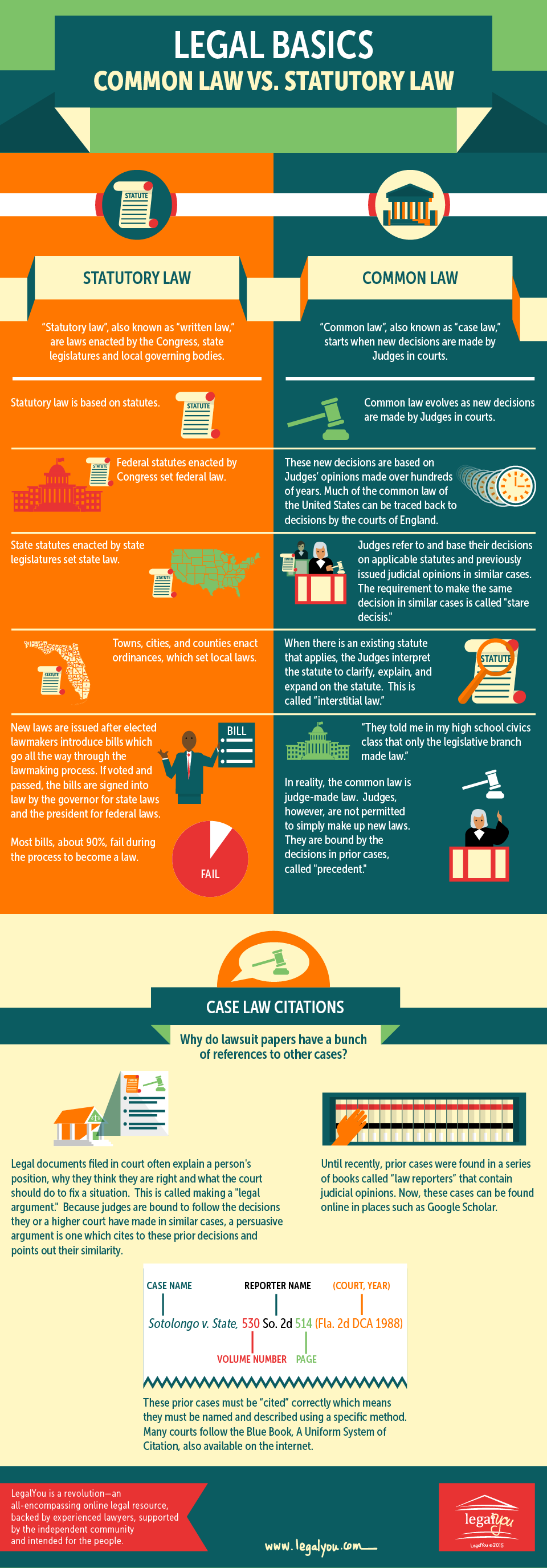Revealing The Psychology Of White Collar Crooks: Behind The Curtains
Revealing The Psychology Of White Collar Crooks: Behind The Curtains
Blog Article
Web Content Composed By-Watkins Dahl
Did you recognize that behind the polished façade of white collar offenders lies an intricate web of mental motivations? While several might assume that these individuals are driven entirely by greed, the fact is even more appealing.
Looking into the minds of white collar wrongdoers exposes a remarkable mix of personality traits, social aspects, and hidden desires that contribute to their illicit actions. Recognizing the psychology behind these criminal offenses not only sheds light on the inspirations behind them, yet additionally raises extensive inquiries regarding our own vulnerability to temptation.
So, what makes these people tick? Join us as we check out the exciting world of clerical crooks and discover the elaborate functions of their minds.
Motivations for White Collar Crimes
Clerical crooks are encouraged by different variables that drive them to engage in illegal tasks for personal gain.
One of the main motivations for these individuals is monetary greed. They're willing to break the law in order to collect riches and maintain an extravagant lifestyle.
The desire for power and condition is another considerable incentive for white collar bad guys. They think that participating in prohibited tasks will raise their social standing and give them a feeling of prominence and control.
Furthermore, some clerical bad guys are inspired by a feeling of entitlement. They believe that they deserve more than what they have actually and agree to go across moral boundaries to attain their preferred level of success.
Eventually, these motivations contribute to the high frequency of white collar criminal offenses in culture.
Mental Traits of Clerical Criminals
As we explore the mental attributes of individuals associated with clerical crimes, it becomes evident that their inspirations for participating in illegal activities are deeply intertwined with their character attributes and state of mind.
White collar crooks commonly exhibit particular emotional traits that add to their involvement in fraudulent or sly behavior. One such attribute is an increased sense of privilege. These people usually believe that they should have more than what they have, leading them to take part in illegal tasks to get wealth or condition.
Additionally, clerical bad guys often tend to possess a high degree of vanity. They have an inflated sense of self-importance, lack compassion for others, and are driven by a wish for admiration and recognition.
Last but not least, they frequently show a tendency for risk-taking, as they believe they can outmaneuver the system and stay clear of discovery.
Recognizing these psychological qualities can give valuable understandings right into the attitude of clerical criminals and help in the advancement of efficient prevention and treatment approaches.
Societal Effect of Clerical Crimes
The effect of clerical crimes on society is far-reaching and complex. These criminal offenses have significant consequences that expand beyond the people straight involved. Below are 4 ways in which clerical criminal offenses affect society:
- ** Economic damage **: White collar crimes can result in economic losses for people, companies, and also whole economic climates. These crimes can interrupt markets, threaten financier confidence, and lead to task losses.
- ** Trust erosion **: Clerical crimes wear down count on institutions and people. When people witness upper-level specialists engaging in unlawful tasks, it decreases their belief in the system and can result in a general suspicion in the direction of authority.
- ** Social inequality **: Clerical crimes often target at risk people or areas, aggravating existing social inequalities. These criminal activities can widen the void in between the rich and the bad and continue systemic oppression.
- ** Legal and governing changes **: Clerical crimes prompt the execution of more stringent laws and guidelines. Culture often responds to these crimes by establishing measures to stop comparable occurrences in the future, ensuring higher accountability and transparency.
The societal effect of clerical criminal offenses can not be underestimated, as it affects people, areas, and the total textile of society.
Final thought
In conclusion, the psychology behind white collar wrongdoers exposes a complicated web of motivations and traits. These individuals are driven by greed, power, and a feeling of entitlement, which can have significant consequences for culture.
It is very important to remember that not all criminal offenses are devoted by those we may typically connect with criminal habits. As https://www.opb.org/article/2022/10/11/prosecutors-drop-charges-against-adnan-syed-the-subject-of-serial-podcast/ saying goes, 'the wolf in lamb's clothing,' reminds us to continue to be vigilant and doubt real purposes of those around us.
